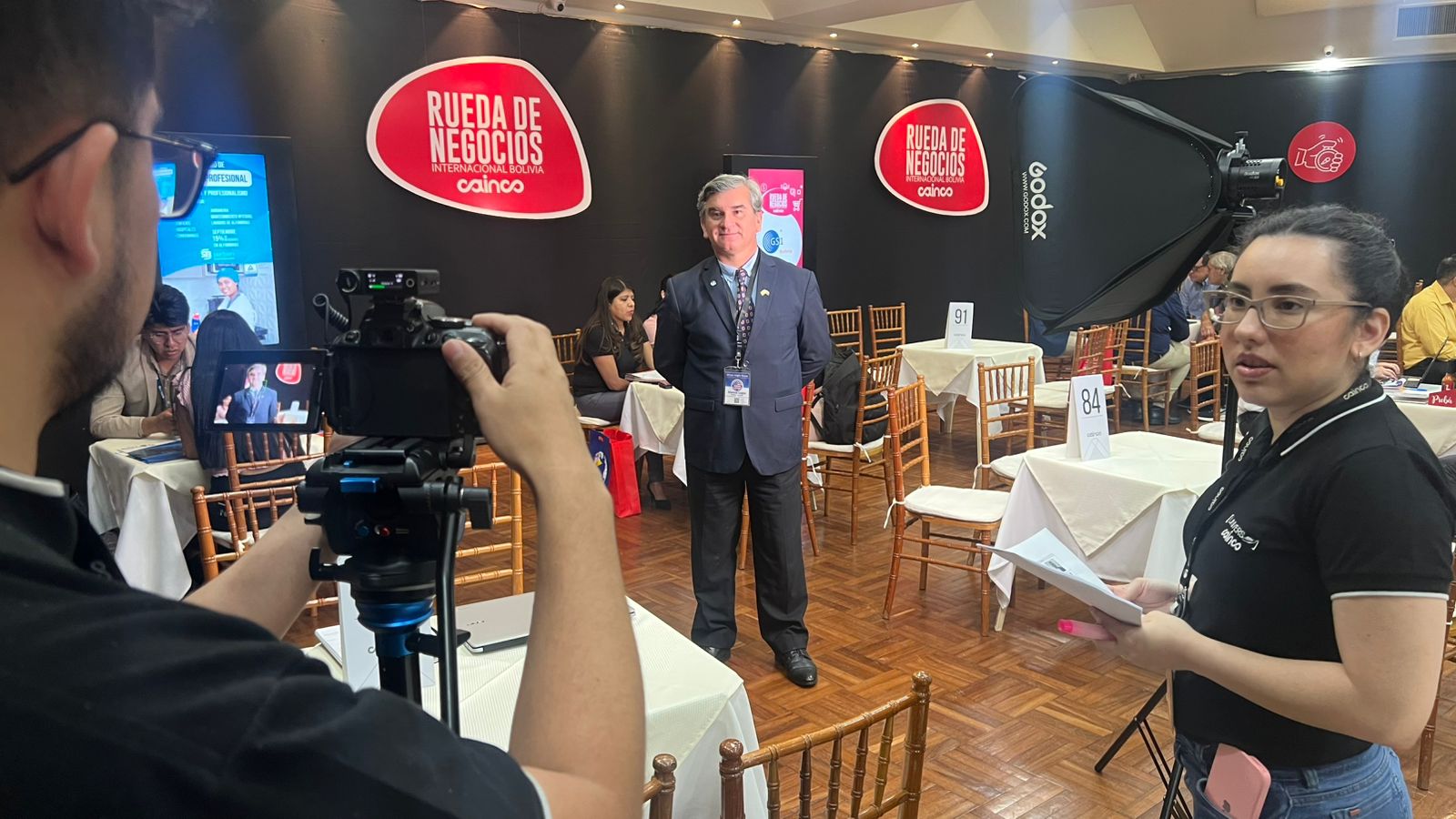Latin American Exports: A Growth Engine Still Idle
Year 1 | Issue 2 | September 2025 | Anglo-Saxon®
By Álvaro Tobar Álvarez – Chile
The upcoming CAINCO Summit pushes Latin America to rethink its economic future, particularly the role exports could play as a driver of development. On paper, the region looks well-positioned: vast natural resources, proximity to global markets, and a network of free trade agreements—Chile alone covers more than 80% of global GDP. Yet reality reveals a paradox: despite these advantages, the region remains constrained by logistical bottlenecks and regulatory hurdles that undermine competitiveness.
Chile exemplifies this tension. Despite being a leader in trade agreements, its export matrix remains heavily dependent on copper. Efforts to diversify into manufacturing, agribusiness, or services have been slow. The story is similar across the region. Bolivia, Peru, and Argentina face structural barriers to expanding non-traditional exports, while larger economies like Brazil and Mexico continue to operate with tariff and regulatory frameworks that complicate deeper integration.
The biggest chokepoint is logistics. Chile’s lack of rail infrastructure forces an overreliance on trucking, raising costs and leaving supply chains vulnerable to disruption. For landlocked nations such as Bolivia, the challenge is more acute: access to foreign ports comes with higher costs and excessive transit times. According to ECLAC, Latin American logistics costs are double—or even triple—those of OECD countries, hitting small and midsize enterprises the hardest.
Tariffs are no longer the main barrier; non-tariff obstacles are. Exporters must navigate a maze of sanitary, environmental, labeling, and traceability rules that differ from market to market. For a Chilean SME, exporting to Brazil can mean complying with entirely different standards than those required for the U.S. or Europe—raising costs and discouraging market diversification.
This underscores the urgency of advancing regional integration and building shared value chains. Yet the gap between rhetoric and execution remains wide. What Latin America lacks is not diagnosis but coordinated policy action across three fronts: investment in integrated logistics, regulatory harmonization to eliminate redundant standards, and real support for SMEs, which are disproportionately affected by current restrictions.
Without decisive political will and multilateral cooperation, the region risks staying stuck in paradox: resource-rich, trade agreements signed, markets open—yet unable to seize the opportunity. Exports could be the lever to diversify economies and reduce dependence on commodities, but that requires dismantling long-standing barriers.
The stakes are high. Beyond lofty intentions, what’s at play is whether Latin America can become a reliable and competitive player in global trade. Achieving that will demand more than speeches: it will take strategic vision, political commitment, and genuine integration to deliver the leap the region has been postponing for decades.
– English Magazine
Álvaro Tobar Álvarez, Manager at Mutual Arica, is a Business Engineer and Business Administration professional, holding an MBA in Business Management and Leadership, along with a diploma in Planning and Management Control. He specializes in process management, client acquisition, and retention, leveraging his expertise to drive operational efficiency and long-term business growth.
Linkedin: https://www.linkedin.com/in/alvaro-r-tobar-alvarez-726bb332/
English Teachers Online Academy by Anglo-Saxon | Telephone# (56)(58)2431617 | Whatsapp +56962179467 | www.englishteachers.cl | E-mail: customers.anglosaxon@gmail.com | Arica – Chile.


